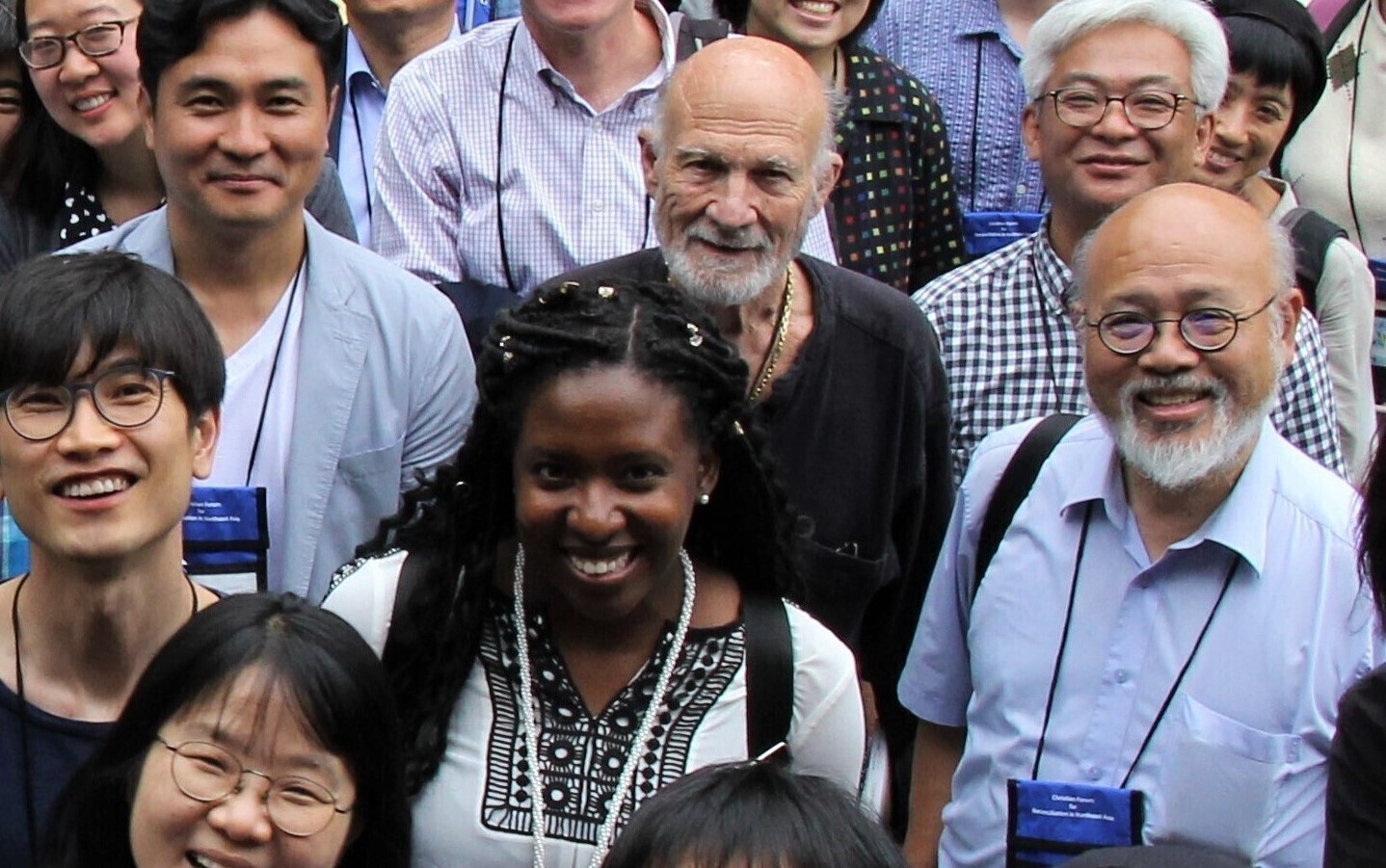Interview with Stanley Hauerwas:
The Pandemic, the United Nations, and the Renewal of the Church
Stanley Hauerwas, once named “America’s Best Theologian” by TIME magazine, has been a leading voice on issues of peace, the church and politics. A prolific writer, his books include The Peaceable Kingdom, A Community of Character, and Resident Aliens (with William Willimon). In February 2021, MCC United Nations Office director Chris Rice interviewed Hauerwas about the influence of the pandemic on what he sees as the crisis and opportunity of our global time. Following are excerpts from the interview.

Chris Rice: What do you see as the most important lesson of the pandemic for the church?
Stanley Hauerwas: I think one of the things the pandemic has done is to remind Christians that we're catholic. And that means that we are citizens of the universal faith that is spread around the world. The pandemic, similarly enough, is catholic. Because there is no place that it is not, just as there is no place that the church should not be. So, the way of Christians responding to the pandemic is to say, we're in communion with our neighbors in Mexico, in Hungary, in China, and so on. While we knew that prior to the pandemic, the pandemic makes very concrete that the church is tied up with other churches around the world in a way that has been largely ignored.
In his new encyclical released last year at the height of the pandemic and political polarization in the U.S. and other countries, Pope Francis called for a “better politics.” You’ve read the encyclical. What is Pope Francis driving at?
Politics is so often understood as the attempt to get the self-interest of this or that group or nation, prior to letting another nation get its self-interest accomplished. But politics should be an interaction between people to discover the good they have in common that they could not have discovered if they were only pursuing their interests. So the politics of the common good that Francis represents is a vastly different politics than the politics of common interests that is so predominant in our social order.
The United Nations (UN) turned 75 last year during the pandemic, the greatest crisis since it was founded after World War II. How do you evaluate the UN as an institution? Does it matter for the health of our world?
Well, I assume the UN should exist. And its existence is bound to always result in the frustration of those who participate in the UN, not being able to get what they want. It is good to have people formed by such frustrations. The UN is not going to prevent war, but it provides a place to delay wars, and that’s not to be discounted. The five permanent members of the UN Security Council [China, France, United Kingdom, Russia, U.S.] often want to find a way to work around the UN. But the UN is a necessary community of conversation that we don’t want to do without.
What do you mean by saying “it's good to have people formed by such frustrations?”
I mean I think of American diplomats as people who we put in strange places as “hostages” (Hauerwas laughs) in that they have to negotiate habits and traditions that they had no idea existed. And then they get to come back after having served to tell us what they experienced. That’s good. It’s good to have people in the UN who are committed to making war less likely and then are frustrated when it doesn’t work. But that frustration is a source of energy that hopefully would have results after some time. And people committed to Christian nonviolence who reach a place of peace with their frustration, that is an accomplishment. Because peace takes time and you have to learn patience. And I assume the UN as an institution embodies patience. Because you have to listen to people you despise.
Is there hope for the pandemic to lead to a time of renewal?
There are times and events in which there is a before and after. The pandemic is a before and after. And that is a reminder that we are historic beings that are now joined in a story of our relations to one another across time and space that hopefully will be a resource for a more peaceable world. But you’ve got to work at it.

